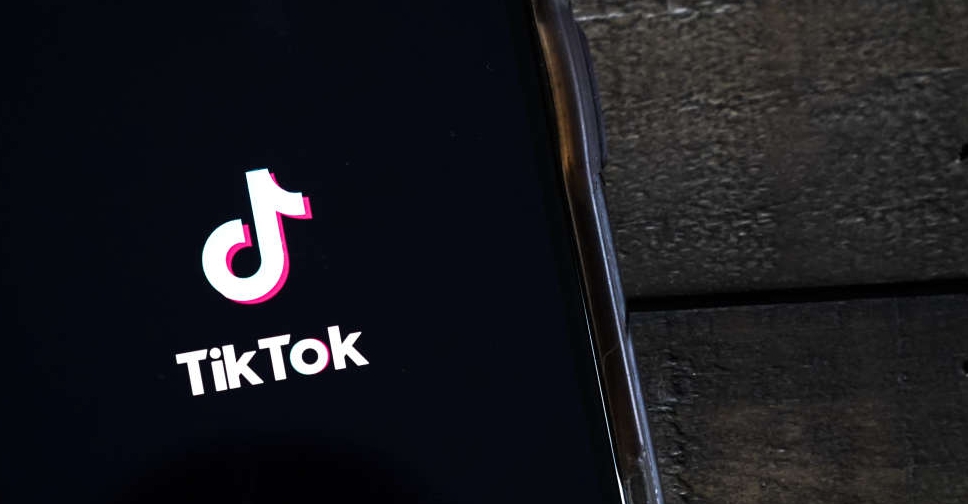
Indiana sued Chinese-owned short-video sharing app TikTok on Wednesday over allegations that it is deceiving users about China's access to their data and exposing children to mature content.
The office of Indiana Attorney General Todd Rokita, a Republican, said the popular app, owned by ByteDance, violates the state's consumer protection laws by not disclosing the Chinese government's potential to access sensitive consumer information.
TikTok also deceived young users and their parents with its age rating of 12-plus in Apple's AAPL.O and Google's GOOGL.O app stores, Rokita's office said in a complaint filed on Wednesday. The complaint added that inappropriate related content can easily be found and are pushed by the company to children using TikTok.
Indiana said its actions were the first of its kind by a U.S. state. Rokita is seeking emergency injunctive relief and civil penalties against the company.
A spokesperson for the video sharing app said it did not have a comment on the pending litigation.
The legal action was first reported by the New York Times.
Also on Wednesday, Texas Governor Greg Abbott said he ordered all Texas state agencies to ban TikTok on government-issued devices. Abbott tweeted that the Chinese Communist Party poses a growing threat to U.S. cybersecurity.
The actions by Indiana and Texas followed an emergency directive issued a day earlier by Maryland Governor Larry Hogan that prohibited the use of TikTok on state government devices and networks.
South Dakota Governor Kristi Noem last week signed an executive order barring state employees and contractors from installing or using TikTok on state-owned devices and South Carolina Governor Henry McMaster on Monday asked a state agency to ban TikTok from state government phones and computers.
TikTok has said the concerns prompting state bans were largely fueled by misinformation.
Last month, FBI Director Chris Wray said TikTok's U.S. operations raised national security concerns, flagging the risk the Chinese government could harness the video-sharing app to influence users or control their devices.
Former President Donald Trump in 2020 attempted to block new U.S. users from downloading WeChat and TikTok, which would have effectively blocked the apps' use in the United States, but lost a series of court battles.
President Joe Biden in June 2021 withdrew Trump's executive orders that sought to ban the downloads and directed the Commerce Department to conduct a review of security concerns posed by the apps.


 Air Arabia to resume Sharjah–Damascus flights
Air Arabia to resume Sharjah–Damascus flights
 Emirates Reit reports strong Q1 2025 with 24% rise in property income
Emirates Reit reports strong Q1 2025 with 24% rise in property income
 Dubai Municipality suspends two consultancy firms
Dubai Municipality suspends two consultancy firms
 H.H. Sheikh Maktoum reviews Ministry of Finance's 2024 report
H.H. Sheikh Maktoum reviews Ministry of Finance's 2024 report
 SEDD launches ‘Instant Licence’ service
SEDD launches ‘Instant Licence’ service




